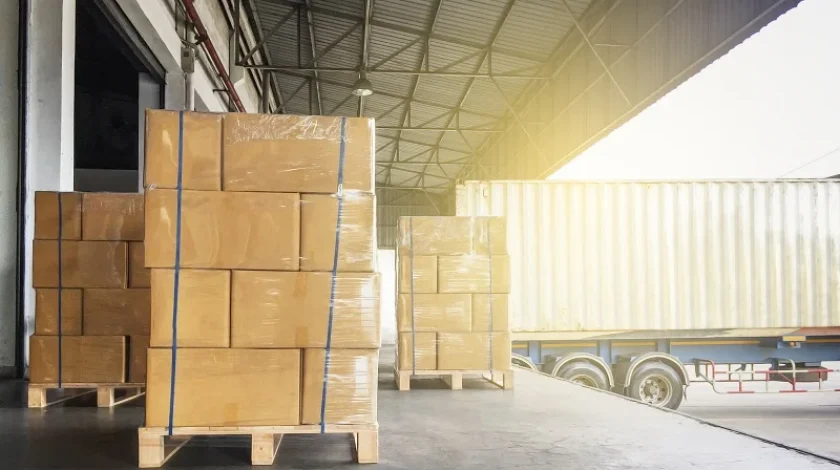The threat posed by COVID-19 is becoming more widely recognised and publicised. Governments across the globe are taking swifts steps to try and reduce the spread of COVID-19, including social distancing, quarantines, curfews, lockdowns and even isolation zones. Closer to home, we are starting to see Australia adopt similar practices, with the imposition of restrictions on public gatherings and travel warnings.
Supply Chain Impacts
Whilst much media attention has been given to panic buying and stockpiling toilet paper, the real impact of COVID-19 extends much further. This stock piling mentality is indicative of a much deeper concern, being the impact of COVID-19 on our supply chains. This is especially true for the building and construction industry within Australia.
In short, we are already starting to see instances of companies not being able to progress projects or fill supply orders locally because they are waiting on international suppliers to refill stocks. For instance, let us consider the following scenario:
- Building company HXK Constructions Pty Ltd (HXK) has been engaged by PK University to construct and fit out a new building for its Science and Technology Department (the Project);
- As part of the fit out, HXK is to install 10 MRI machines within the building and has engaged JKL Pty Ltd (JKL) to supply the MRI machines after it imports them from China;
- The Project was commenced on 16 December 2019 and practical completion is to be achieved by 1 April 2020;
- HXK starts construction on 16 December 2019 and plans to install the MRI Machines on 20 March 2020;
- On 15 March 2020 JKL advises HXK that its Chinese suppliers have not been able to manufacture or export the MRI Machines because of the location of its factory and the quarantine zones in place;
- HXK is now in a position where it may not be able to complete the Project by 1 April 2020 due to the issue with the supply chain.
The above provides a simplistic example of how COVID-19 is disrupting supply chains in the building and construction industry in Australia and the impact it has on builders trying to complete projects by the certain dates for practical completion.
Force Majeure Events
Another issue that arises out of the above situation is what are HXK’s options and what is JKL’s liability towards HXK in not being able to provide the MRI machines as required by its contract. The answer rests in their respective contracts and critically whether there is a “force majeure” clause contained within them. Broadly speaking a force majeure clause generally excludes or limits the liability of a party to a contract in circumstances where they are unable to perform their obligations due to events beyond one’s control.
There are two key aspects of these clauses, the first is what is defined under the contract as being a “force majeure event” and the second is what is the effect on each party’s rights and obligations if a contractually defined force majeure event occurs.
Now, whether COVID-19 issues fall within the scope of a force majeure clause will depend on the way the specific contract has been drafted. If force majeure is used as a broad term in the contract, it may cover acts beyond one’s control including diseases or other government action such as quarantines and travel restrictions affecting the supply chain. However, unavailability of goods from the designated sources may not ordinarily entitle suppliers to benefit from a force majeure clause. The supplier may need to consider alternative sources of supply and must prove that it is unable to fulfil its contract by another source of supply.
It is important for all parties within the building and construction industry to carefully consider their contracts and in particular, what rights they have with respect to the fulfilment of their contractual obligations in light of COVID-19.
If you have any questions or concerns about your rights, please do not hesitate to contact a lawyer in Coleman Greig’s Building & Construction team, who would be more than happy to assist you.














